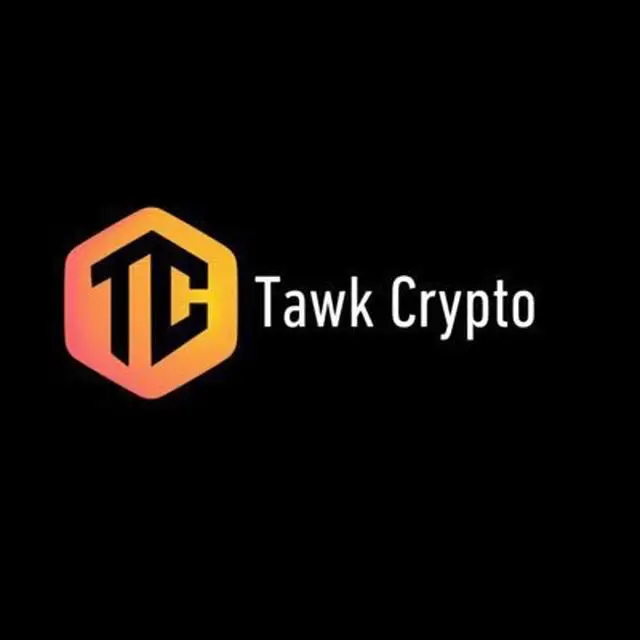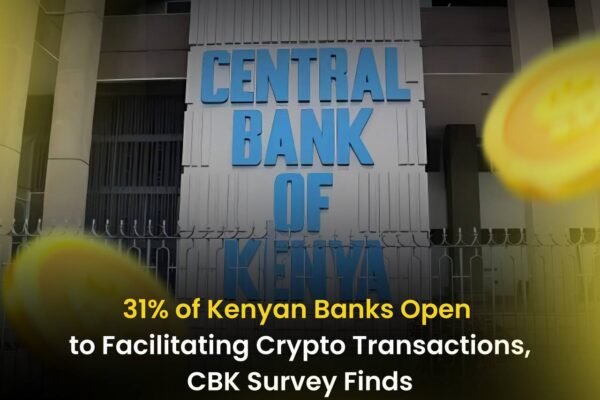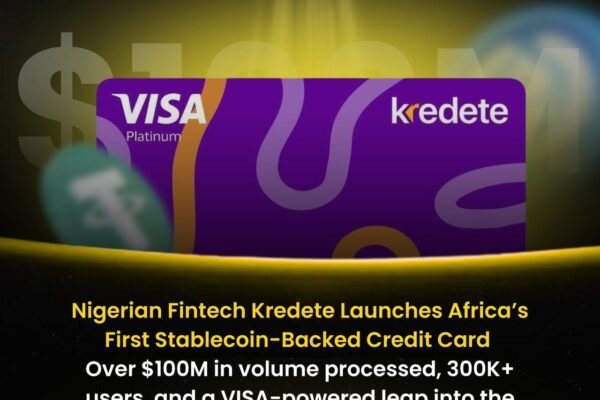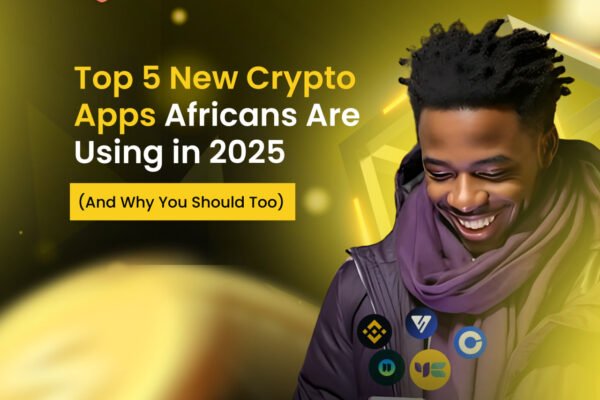
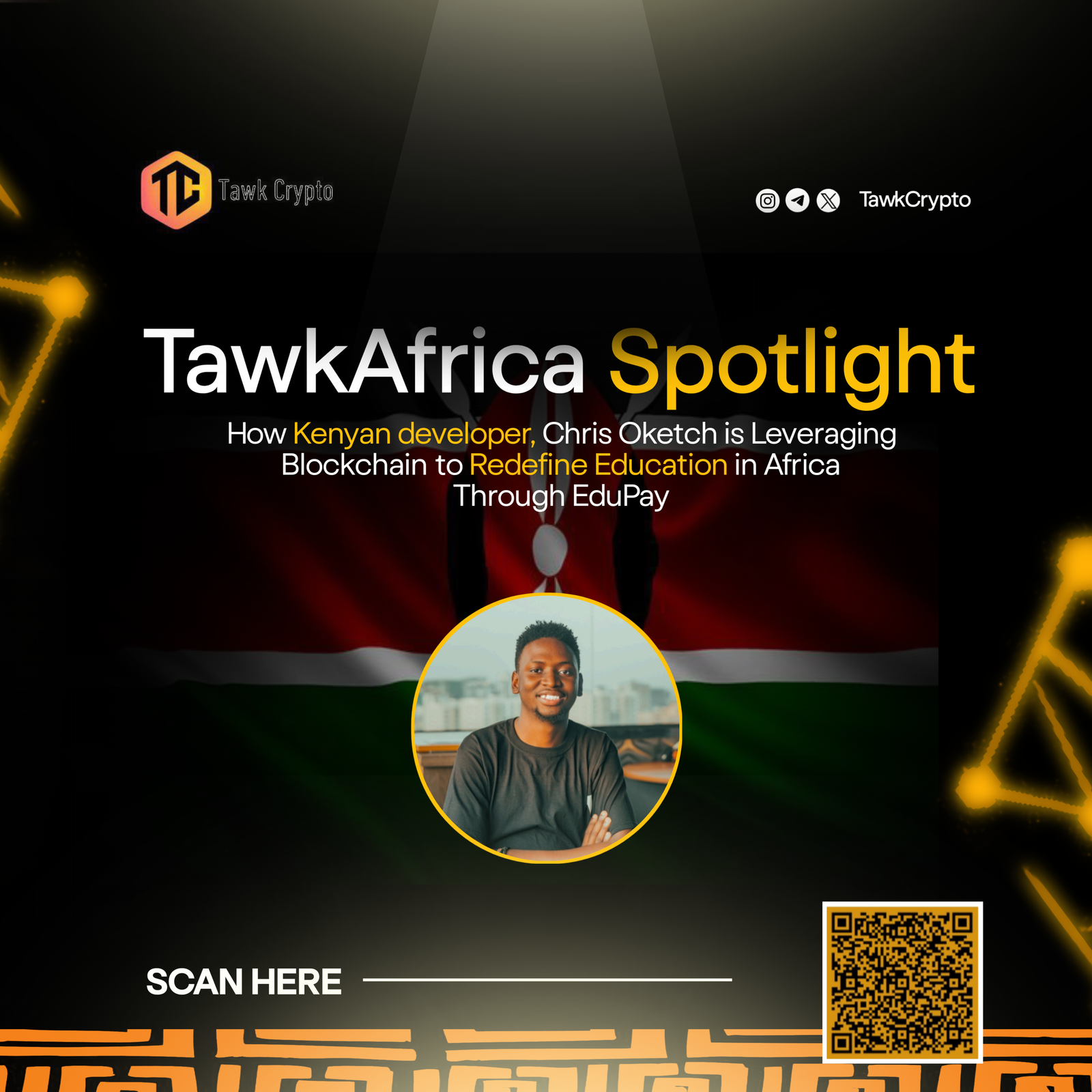
How Kenyan developer, Chris Oketch is Leveraging Blockchain to Redefine Education in Africa Through EduPay
In this episode of TawkAfrica Spotlight, we had the privilege of interviewing Chris Oketch, a blockchain developer from Kenya who is making waves in the Web3 space with his innovative project, EduPay. The platform leverages blockchain technology to address critical issues in education access and sponsorship transparency.
Through a written interview, Chris shared insights into his journey, the mission behind EduPay, and how blockchain can transform the education landscape in Africa and beyond. Here’s a comprehensive look at the conversation.
Meet Chris Oketch
Q: Can you introduce yourself and share a bit about your journey into Web3 development?
I’m Chris Oketch, a blockchain developer currently building on Base. My journey began as a junior frontend developer in the Web2 space, where I worked on creating websites and integrating payment platforms like MPesa. Over time, my curiosity about innovative technologies led me to explore blockchain. I saw it as the next frontier for transformative solutions, and I’ve been hooked ever since.
The Inspiration Behind EduPay
Q: What inspired you to build a blockchain-powered project like EduPay?
I was driven by the struggles of talented young people in my community who couldn’t access quality education due to financial constraints or disadvantaged family backgrounds. I saw blockchain and crypto as tools to connect these students with sponsors globally, enabling them to pursue their education despite their circumstances.
Q: Can you tell us more about EduPay? What problems is it solving, and why did you focus on the education sector?
EduPay is a blockchain-based platform designed to bridge the gap between students in need and sponsors who want to support education. It solves problems such as the lack of transparency and inefficiencies in traditional sponsorship programs. Education is the cornerstone of societal development, and by focusing on this sector, we aim to create lasting, generational change.
What EduPay Offers
Q: What specific features or tools does EduPay provide to its users?
- Transparent Sponsorship: On-chain smart contracts ensure every donation is traceable and transparent.
- Payment Tracking: Sponsors can track real-time fund disbursement to ensure funds are used for their intended purposes.
- Access to Learning Resources: EduPay integrates with e-learning platforms to provide additional resources to students.
- Stakeholder Dashboards: Custom dashboards for students, schools, and sponsors make the platform user-friendly and efficient.
Q: How does EduPay leverage blockchain technology? Why is blockchain essential to your platform?
Blockchain ensures transparency, traceability, and decentralization. These qualities build trust among students, schools, and sponsors. Through smart contracts, we automate fund disbursements, eliminate intermediaries, and ensure the process is secure and equitable.
Q: Who are your primary users, and how does EduPay benefit them?
- Students: Gain access to financial aid and educational resources.
- Schools: Streamline tuition payments and better manage sponsorships.
- Parents: Have peace of mind knowing funds are securely allocated to their children’s education.
Challenges in Building EduPay
Q: Are there any unique challenges you’ve faced building EduPay specifically in Kenya or Africa?
- Internet Access: Limited connectivity in rural areas makes it harder to reach underserved communities.
- Blockchain Awareness: Educating users about blockchain technology and its benefits requires significant effort.
- Regulatory Landscape: Kenya’s evolving crypto regulations pose a challenge, requiring constant monitoring and adaptation.
The Role of Blockchain in Education
Q: How do you think blockchain can transform education in Africa?
Blockchain can revolutionize education by enhancing transparency in funding, ensuring the integrity of academic credentials, and reducing inefficiencies in resource distribution. It creates a more inclusive system where underserved communities gain access to opportunities traditionally beyond their reach.
Q: What role do cryptocurrencies or tokens play in the EduPay ecosystem?
Cryptocurrencies are crucial for enabling cross-border transactions, allowing global sponsors to support students seamlessly. In the future, we may introduce a native token to incentivize participation and create a sustainable ecosystem.
The Technical Side of EduPay
Q: What blockchain protocol is EduPay built on, and why did you choose it?
EduPay is built on Base, a layer-2 blockchain. Base offers scalability, low transaction fees, and a user-friendly experience, all of which align perfectly with our mission to make education accessible.
Q: How do you ensure scalability, security, and user privacy?
- Scalability: By leveraging Base, EduPay ensures faster and more cost-effective transactions.
- Security: Smart contract audits and robust encryption safeguard funds and user data.
- User Privacy: We comply with GDPR standards and use zero-knowledge proofs to protect sensitive information.
Scaling EduPay Across Africa and Beyond
Q: How do you envision EduPay scaling across Africa or globally?
Our first focus is Africa, starting with partnerships with educational institutions and NGOs in East Africa. Globally, we aim to onboard sponsors from developed nations who want to make a direct impact in education.
Q: Are there any upcoming features or developments you’re excited to share?
We’re currently working on:
- An AI-powered recommendation engine to match students with the most suitable sponsors.
- A mobile-first version of the platform to improve accessibility.
Personal and Industry Insights
Q: How has the Kenyan Web3 space evolved in recent years, and what opportunities do you see for developers?
The Kenyan Web3 space has grown significantly, with more startups, hackathons, and community events. There’s increasing demand for blockchain developers, particularly in finance, supply chain, and now education.
Q: What advice would you give to young developers or entrepreneurs looking to enter the blockchain space?
Start small. Learn the basics of blockchain and experiment with small projects. Participate in hackathons and contribute to open-source projects to grow your skills and network. Above all, focus on solving real-world problems with blockchain.
Get Involved with EduPay
Q: How can people learn more about EduPay or get involved?
You can visit our website, follow us on social media, or reach out directly for collaboration opportunities. We’re always open to partnerships and feedback!
Q: Any final message for TawkCrypto readers?
Blockchain isn’t just a buzzword—it’s a tool for empowerment. At EduPay, we’re building more than a platform; we’re building a bridge to brighter futures. Join us in making a difference!
Final Thoughts
Chris Oketch’s journey and EduPay’s mission demonstrate how blockchain technology can be harnessed to solve real-world problems and create meaningful impact. By addressing the barriers to education access, EduPay is not only advancing blockchain adoption but also contributing to societal development.
Stay tuned to TawkCrypto for more inspiring stories and updates from the Web3 ecosystem!
